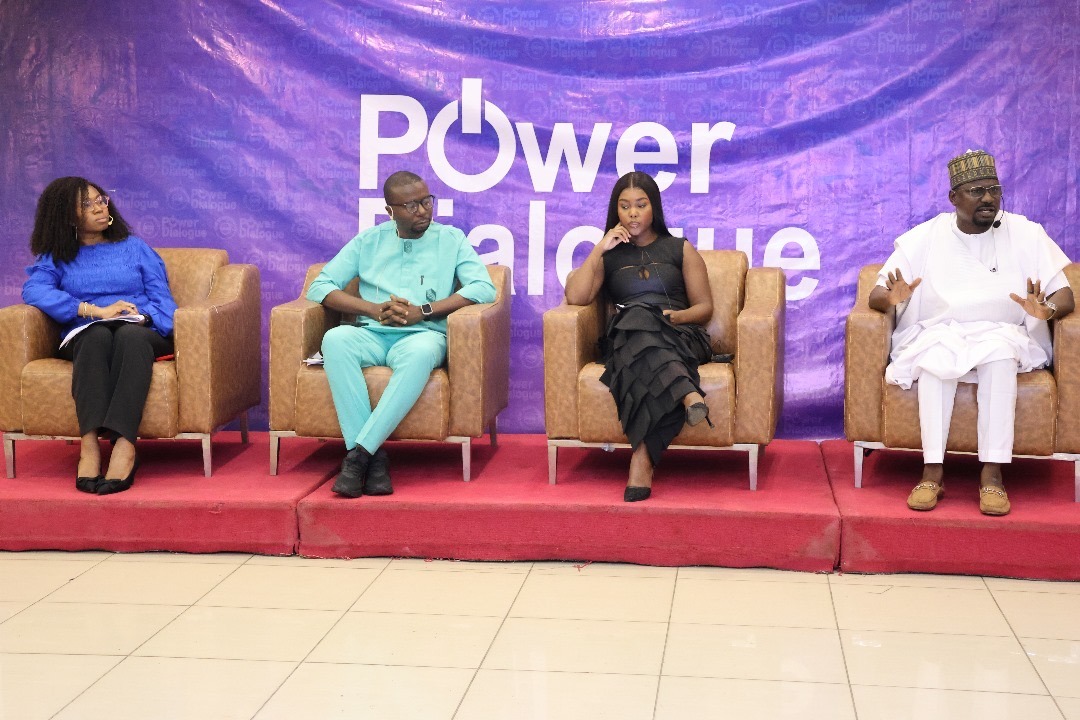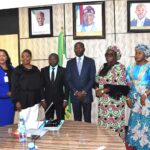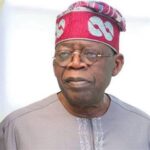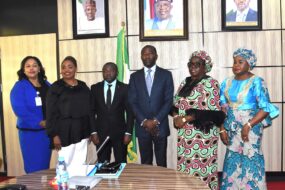
Unlocking private capital for Nigeria’s renewable energy sector requires more than financial availability, as it demands technical competence, strong governance, credit guarantees, and innovative risk-sharing models, according to experts at the 109th edition of the Nextier Power Dialogue, hosted by The Electricity Hub in Abuja.
The session, themed “Leveraging Private Capital for Scalable Renewable Energy Access in Nigeria,” brought together key stakeholders from government, financial institutions, and international development organisations to discuss the conditions necessary to scale private investments in the sector.
Moderated by Motunrayo Akinfala, Programme Manager at the Renewable Energy Association of Nigeria (REAN), the panel featured Dr. Abba Aliyu, MD/CEO of the Rural Electrification Agency (REA); Kelly Aigbedion, Head of Business Development, Renewable Energy (Digital) at Sterling Bank; and Dr. Naa Adjekai Adjei, Senior Associate at the Universal Energy Facility (UEF), Sustainable Energy for All (SEforALL).
Dr. Abba Aliyu of REA emphasised that private capital is hesitant without a solid foundation of technical skills and good corporate governance within renewable energy companies. “It’s not just about the money being available; funders want to see capable hands and clean structures,” he said.
He disclosed that REA has been proactive in bridging the knowledge gap in Nigeria’s banking sector by embedding renewable energy experts within banks to help structure sector-specific financing. This intervention has seen more banks, beyond early movers like Sterling Bank and FCMB, gain confidence in funding renewable energy projects.
To attract private sector investment, REA also uses capital grants to reduce the risk burden on developers, enabling them to access additional financing. However, Dr. Aliyu warned against applying an “on-grid mindset” to off-grid investments. “Investors must understand that some level of risk is unavoidable in off-grid development,” he said.
Dr. Aliyu revealed that the long-awaited National Electrification Strategy and Implementation Plan has been finalised and will soon be approved by the National Economic Council. The strategy aims to harmonise Nigeria’s fragmented electrification initiatives and is expected to serve as a national blueprint for renewable energy deployment under the 2023 Electricity Act.
Sterling Bank’s Kelly Aigbedion reinforced the need for flexible financing structures tailored to renewable energy. “Two- or four-year loan tenures don’t work for this sector. We need longer repayment periods and milestone-based disbursements,” he said.
He highlighted credit guarantees and blended financing as critical tools that help financial institutions manage risks and attract large-scale capital. However, he stressed that project bankability hinges on the strength of off-taker agreements, tariff structures, and the creditworthiness of energy buyers.
Dr. Naa Adjekai Adjei of SEforALL’s Universal Energy Facility offered insight from international financing efforts, revealing that while Nigeria boasts a high number of capable renewable energy developers, financing remains a bottleneck.
“When we opened the application window, we received over 70 submissions; 30 qualified, requesting $50 million in grants to deliver over 25,000 connections,” she shared.
She stressed that linking off-grid renewable energy to productive uses—such as agriculture, manufacturing, or services—enhances financial viability and project sustainability. However, she noted that developers often struggle with long due diligence timelines and rigid financing structures that do not match project realities.
Moderator Motunrayo Akinfala concluded the session by highlighting that the renewable energy sector must continue to evolve through risk-sharing and innovation. “With credit guarantees, blended finance, and strong policies, Nigeria can unlock the private capital needed to close its energy access gap,” she said.
She called for stronger collaboration between the public and private sectors, noting that decentralised renewable energy solutions remain the most viable path to achieving universal electrification.
The dialogue made it clear: financing is not the biggest hurdle in Nigeria’s renewable energy journey. Instead, it is about structuring investments with the right incentives, guarantees, and governance — while ensuring all players are willing to take and manage appropriate levels of risk. With coordinated strategies like the upcoming National Electrification Plan and innovative de-risking tools, stakeholders believe Nigeria is on the cusp of unlocking large-scale private investment to power its energy future.
















